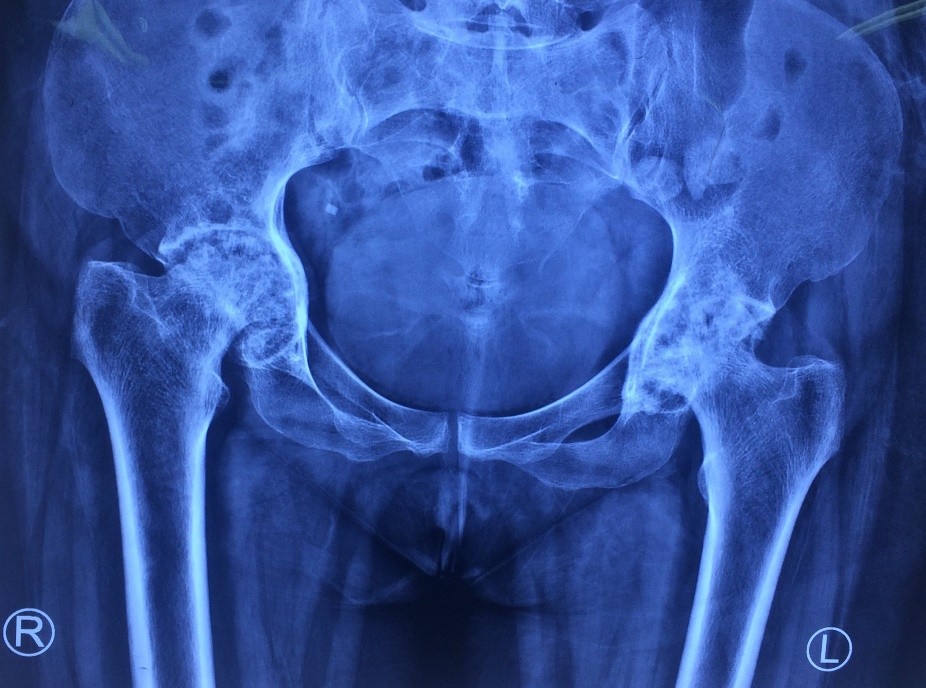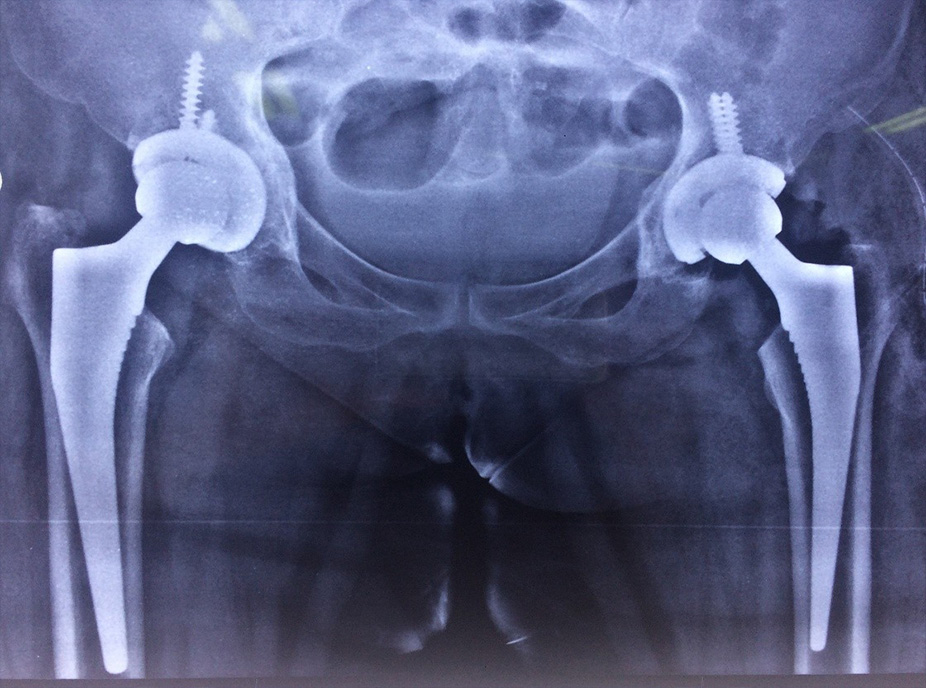
This is viewed as a life changing surgery, and can significantly reduce pain and stiffness, and increase mobility.
The operation is performed under Spinal or General anaesthesia. We sometimes place with an Epidural catheter for post-operative pain relief. Dr Pispati makes as small an incision as possible (Minimally Invasive surgery).
The socket is usually uncemented, while the femur implant used is cemented or uncemented, depending on the bone shape and quality.
A thorough assessment of the patient and the x rays and the spine is done preop, which determines how we place the new hip implants during surgery.
We use Muscle-splitting and muscle-sparing techniques and Minimally invasive surgery to allow you quicker recovery. Younger patients are offered Ceramic prosthesis, which considerably reduces wear and increases implant longevity.
To minimize pain after surgery, we use pain relief injections or Epidural catheter or patient-controlled analgesia (PCA) to control your pain for the first 2 days after surgery. The pain should gradually decrease, and by the third day after surgery, oral medications may be sufficient to control your pain.
Almost all or patients stand and walk on the same day they are operated and are able to go home in 3-4 days. Most patients are happy with their result in about 2 to 3 months.
A good exercise program is needed after surgery for about 3 weeks. The more you move, the faster you recover. Remember, “Life is Movement, and Movement is Life”.
Dr Pispati is trained in hip surgery and endeavours to offer you the best technique. He specialises in advanced hip techniques, complex hips, difficult hips and redo hips. Patients from all over India and various countries have come to Dr Pispati to get their hips replaced by him in the best possible way.

